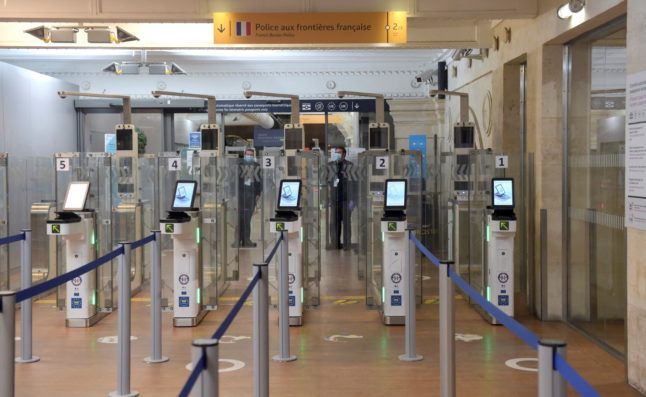Friday's reported death toll on Friday was lower than the day before, when there were 365 fatalities recorded.
The figures only include people who have died in hospital and not retirement homes, so the real toll is likely to be even higher than the official total.
The total number of people in hospital has reached 15,732 – up from 13,904 on Thursday – France's national health chief Jérôme Salomon told journalists on Friday evening.
Of the 3,787 people who were currently in intensive care, 42 were aged below 30, Salomon said. A third were younger than 60 years old.
“Nearly 5,700 people have recovered and been released from the hospital,” Salomon said – up from 4,948 the day before.
Prime Minister Edouard Philippe said the coming days “would be very difficult” as he announced a two-week extension of the current lockdown.
France began its lockdown on March 17th initially for 15 days, although President Emmanuel Macron was clear that this was a minimum and it could be extended.
A total of 32,964 people have now tested positive for the coronavirus, up from 29,155 yesterday.
Health authorities say the real number is likely to be much higher as France only tests a limited amount of cases.
READ ALSO: Paris region braces as PM warns of surge in coronavirus cases
Salomon said operations of transferring patients between regions would be intensified in the coming days to ease pressure on the health system in the worst-hit regions.
Hospitals in the northeast of France have long been overstretched and Parisian hospitals have warned that they too are reaching their limit.
The government has said the situation would deteriorate in the coming days as France approaches the peak of the virus.
Infected people needing hospital care in regions the east and Paris area would be transferred, the health chief said, to the southeastern regions of Auvergne-Rhône-Alpes and Provence-Alpes-Côte d'Azur, as well as Centre-Val de Loire, just south of Paris.



 Please whitelist us to continue reading.
Please whitelist us to continue reading.
Member comments